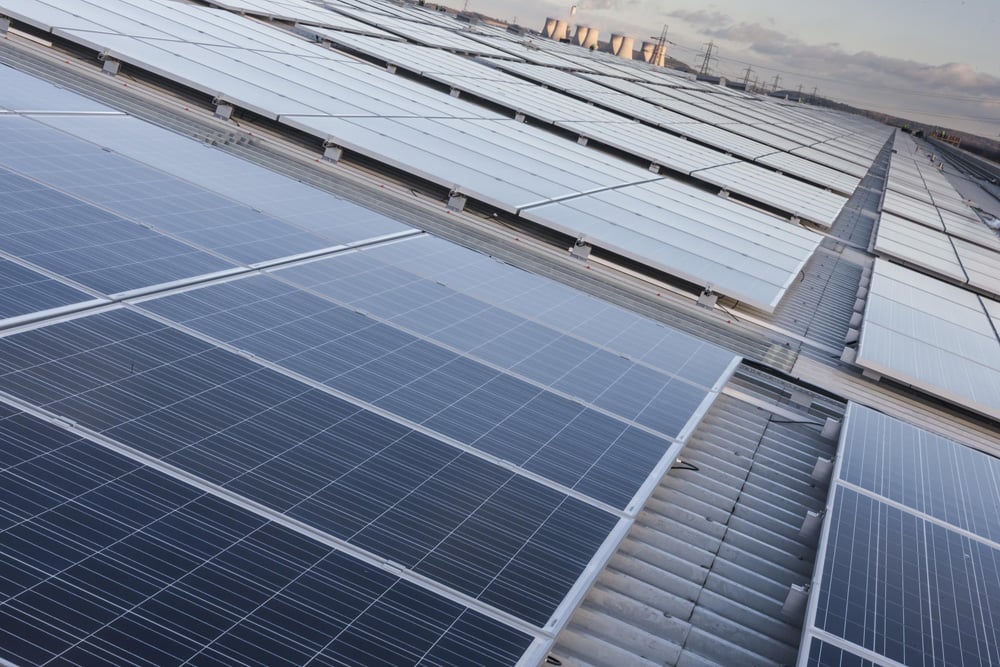
The review of business rates attached to solar PV installations could shift interest towards power purchase agreement models significantly, but crucial details are still required by the industry.
Alastair Marsden, director at Wales-based installer Dulas, told Solar Power Portal that while introducing business rates at the current level would be significantly damaging for the rooftop market, the change could “put a rocket under the PPA model”.
Companies are liable for business rates attached to solar installations on their premises if they own them, however under PPA models the ownership of the installation is usually either retained by the installer or held by a third-party which has financed it.
As a result, commercial solar installations would still be attractive in spite of the proposed increase.
“We immediately, when this came out, said that was PPAs sorted, and this new business model where people are effectively liquefying assets by buying up solar in return for the FiT payment – that seems like a quick out,” Marsden said.
He did however warn that crucial details have not yet been released and, without them, the industry remains in the dark.
“Unfortunately a warning shot has gone out around a load of prices, and we don't have the detail to understand how that will pan out. Potentially the PPA model might be brilliant, and that's just going to put a rocket under the PPA side, or at the same time there may be trouble for PPA providers.”
The trouble would stem from how the Valuation Office Agency would regard asset holders of PPA commercial installs, how they would be regarded as generators and the implications for asset ownership under special purpose vehicles (SPVs).
Marsden said that the level of speculation that has surrounded the business rate increase has only added to a “jittery” renewables investment market.
“The bigger damage this could do is the lack of, or increased reduction, of optimism and confidence within the investor side of the UK market. It's another unfortunate coincidence of the big government machine ticking along,” he said.
Marsden pointed to previous cases wherein big businesses have backed away from investing in renewables due to the complexities and costs of business rates attached to renewable generation, most notably Vauxhall, which abandoned plans to install solar atop its Ellesmere Port plant in 2014.
He did however place praise on renewables trade organisations and lobby groups such as the STA for their early work on the subject, adding he had “every confidence” in their ability.
“They're much more skilled at lobbying – they've sharpened their pencils over the last year and are now much better placed to lobby on behalf of us,” he said.

